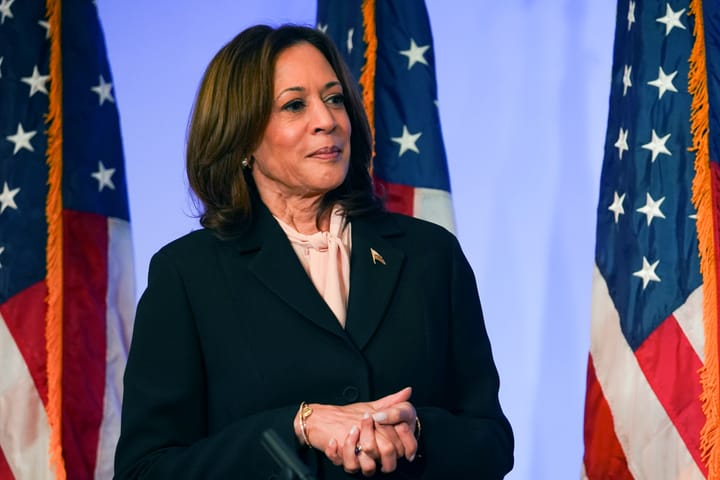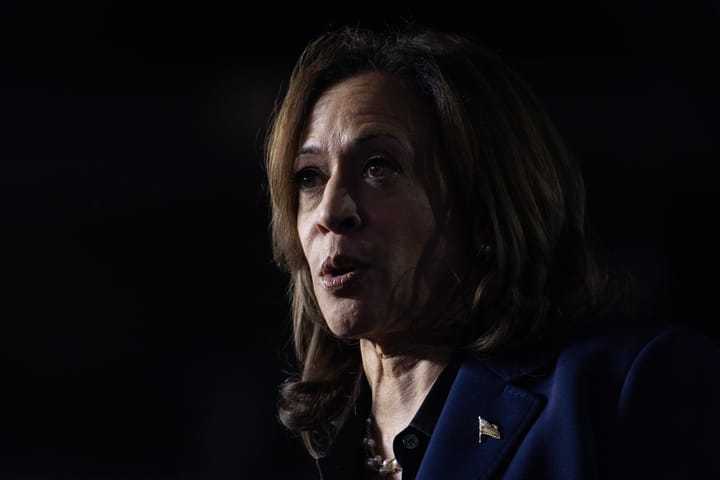Correction: This post originally said Building America’s Future had given $16 million to pro-Trump super PACs. It has in fact given $19 million.
The Kamala Harris campaign has a massive advantage over the Donald Trump campaign in super PAC contributions from secretive “dark money” groups.
Super PACs supporting Harris have raised at least $195.8 million from dark money groups this election cycle, while those backing Trump have raised at least $23.2 million, according to a Sludge analysis of Federal Election Commission data.
These dark money groups are organized as either social welfare groups or trade associations, both forms of nonprofits that are not required by the Internal Revenue Service to disclose their donors.
“The public has a right to know who is trying to influence their votes and who is trying to curry favor with political candidates through large contributions to outside groups like super PACs and dark money groups,” said Michael Beckel, research director for the cross-partisan group Issue One. “Wealthy special interests can use dark money contributions to help ingratiate themselves with their preferred candidate without any public scrutiny.”



